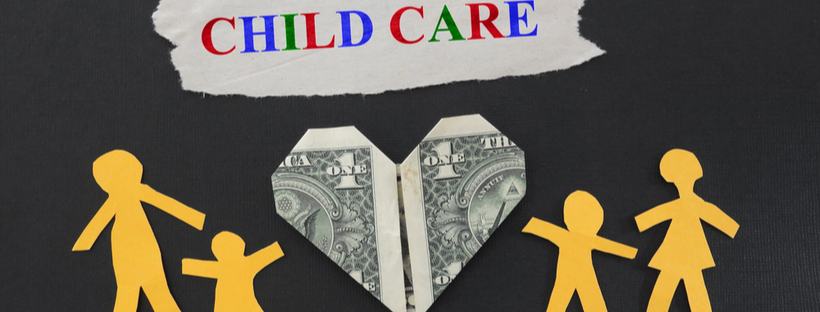
Tax Alert: 2021 Tax Credit on Childcare Expenses
The childcare tax credit underwent significant change in 2021. The new law expanded the child and dependent care tax credit in three potentially meaningful ways for American taxpayers.
To view the full article please register below:
Tax Alert: 2021 Tax Credit on Childcare Expenses
The childcare tax credit underwent significant change in 2021. The new law expanded the child and dependent care tax credit in three potentially meaningful ways for American taxpayers:
- The amount of qualifying child and dependent care expenses was raised from $3,000 to $8,000 for one child and from $6,000 to $16,000 for two or more children.
- The highest credit percentage was increased from 35% to 50%.
- The level of adjusted gross income (AGI), at which a phase out of the credit percentage begins, was increased by $15,000 to $125,000. The AGI phase-out levels also were also amended:
- $125,001 to $183,000, the phase out is now 20% (from 50%)
- $183,001 to $400,000, the phase out remains at 20%
- $400,001 to $438,000, the phase out declines by 1% for each $2,000 of income until it reaches zero at $438,000 of AGI
Qualifying for the Child and Dependent Care Tax Credit
Taxpayers can qualify for this expanded Child and Dependent Care Tax Credit1 on their 2021 tax returns provided they have earned income for the year, are the parent or main caretaker of a child or dependent, care service was used so that an individual could work or look for work, the child is under the age of 13 (with no age limit for those disabled and unable to physically or mentally to take care of themselves), and the childcare provider is not a spouse or the dependent’s parent.
Qualifying expenses for the tax credit include:
- Expenses for childcare provided by a babysitter or licensed dependent care center
- The costs of a cook, housekeeper, maid or cleaning person who provides care for the child or dependent
- Day or summer camp fees, if the camp was selected to provide care while the parents were at work; overnight camp costs are not eligible
- Before- and after-school care costs
- Expenses for a nurse or home care provider for a disabled dependent
Tax Planning Considerations
The law prevents taxpayers from double dipping, (i.e., paying for such expenses out of their flexible spending account and also declaring them to claim the tax credit).
This expanded tax credit is for the 2021 tax year only and contains a number of special circumstances that represent exemptions to the general rules discussed above. As a consequence, individuals should consult with their tax advisor to ensure they take full advantage of this one-time tax savings opportunity.
Source:
Please reference disclosures: https://blog.americanportfolios.com/disclosures/












